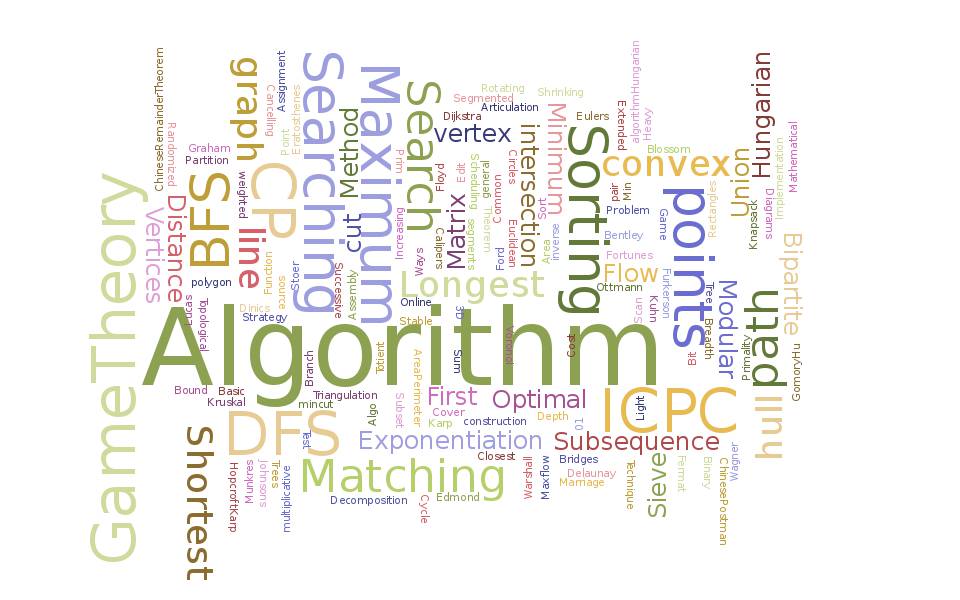
This practical work is designed to provide hands-on experience with fundamental concepts in algorithmics and data structures. Through a series of guided exercises and projects, students will learn to implement, analyze, and optimize various algorithms and data structures such as arrays and strings. The practical sessions will also cover essential topics such as sorting and searching algorithms, and dynamic memory allocation. By the end of this course, students will have developed a solid foundation in algorithm design and data structure implementation, which are critical skills for any computer science professional.
This module is primarily intended for first-year computer science students. It is designed for beginner students who want to develop fundamental skills in algorithmics and data structures. This module is particularly relevant for students aiming to build a solid foundation in programming and problem-solving early in their academic journey.
1. Develop a Deep Understanding of Basic Concepts:
- Acquire a solid knowledge of the fundamental principles of programming.
- Understand and apply simple sequential algorithms.
2. Master Control Structures:
- Effectively use conditional structures to make decisions in programs.
- Implement repetitive structures to automate repetitive tasks.
3. Manipulate Data Efficiently:
- Understand and use arrays to store and manipulate collections of elements.
- Work with strings to manage textual data.
4. Strengthen Problem-Solving Skills:
- Develop optimized algorithmic solutions for common computing problems.
- Analyze and optimize the performance of algorithms and data structures.
5. Prepare for Advanced Modules:
- Prepare students for more advanced courses in algorithmics, data structures, and software engineering.
- Target Audience
This module is primarily intended for first-year computer science students. It is designed for beginner students who want to develop fundamental skills in algorithmics and data structures. This module is particularly relevant for students aiming to build a solid foundation in programming and problem-solving early in their academic journey.- General Objectives
1. Develop a Deep Understanding of Basic Concepts:- Acquire a solid knowledge of the fundamental principles of programming.
- Understand and apply simple sequential algorithms.
2. Master Control Structures:
- Effectively use conditional structures to make decisions in programs.
- Implement repetitive structures to automate repetitive tasks.
3. Manipulate Data Efficiently:
- Understand and use arrays to store and manipulate collections of elements.
- Work with strings to manage textual data.
4. Strengthen Problem-Solving Skills:
- Develop optimized algorithmic solutions for common computing problems.
- Analyze and optimize the performance of algorithms and data structures.
5. Prepare for Advanced Modules:
- Prepare students for more advanced courses in algorithmics, data structures, and software engineering.
- Lay the groundwork for final-year projects and research work in computer science.
- Dr.BOUFRIDA Amina: BOUFRIDA AMINA